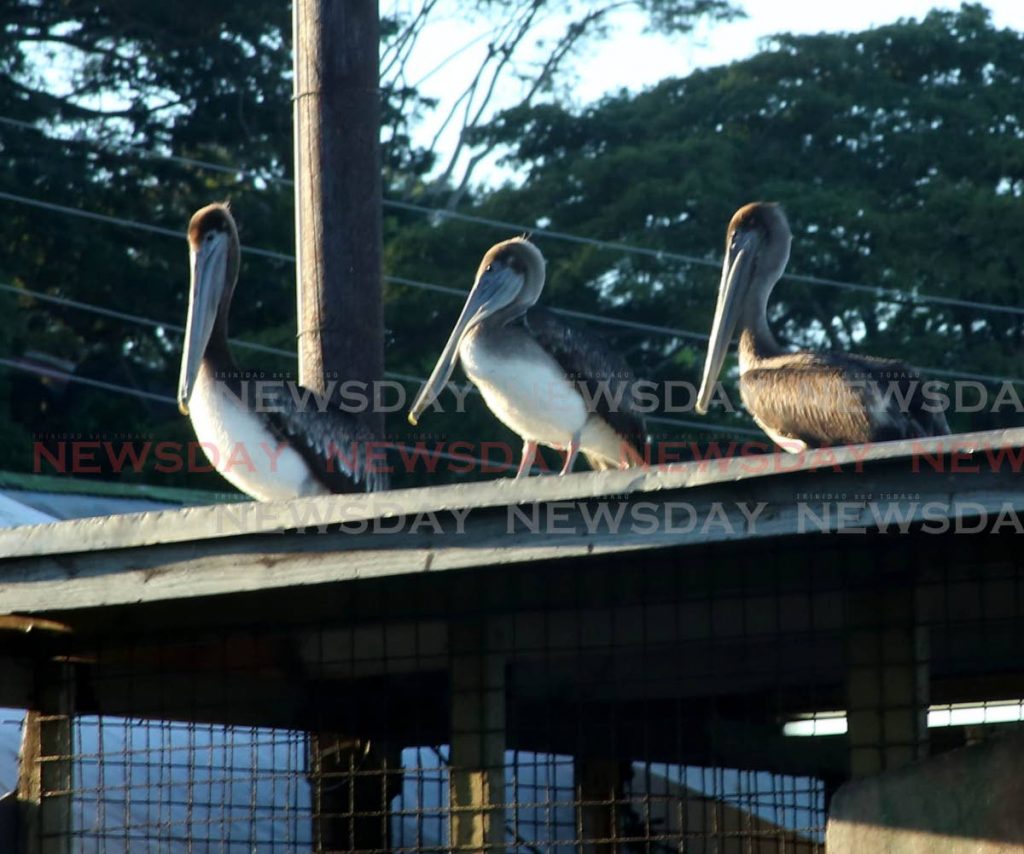Weekes: Protect birds from plastics

Citizens must take a proactive approach to environmentalism and conservation, especially the preservation of the country’s wildlife.
President Paula-Mae Weekes made the statement on the occasion of World Migratory Bird Day 2019, which theme was Protect Birds: Be the Solution to Plastic Pollution.
She noted that TT was renowned for its biological diversity, and was home to over 400 species of birds. She added that one of the national birds, the Scarlet Ibis, was a migratory bird, flying “hundreds of thousands of kilometres to find the best ecological conditions for breeding and survival.” In addition, she said the Caribbean was an important stopover for over 150 migratory species.
Therefore, she said, it was important that each individual took personal responsibility for the handling and disposal of their plastic waste. “On World Migratory Bird Day, take the plastics pledge, limit your consumption of single-use plastic and make use of existing recycling programmes and facilities. Every child and adult must be involved in the effort to reduce plastic pollution. Cultivating and inculcating a culture of ecological awareness and accountability is paramount if we are to safeguard our environment and our future.”
Weekes explained that the day raised global awareness about the conservation of migratory birds and their habitats. And the theme was a call to manage the use and disposal of plastic, and reduce its negative impact on migratory and sea birds.
She said every year, over eight million tonnes of plastic enter the oceans and other bodies of causing over one million seabirds to die annually. She explained, “Birds regularly mistake plastic for food such as jellyfish and can become entrapped in its waste. Birds also use plastic to line their nests, which poses the risk of entanglement and injury to their young.”
She pointed out that plastic could take up to 1,000 years to fully decompose and if things continued as they were now, its effects would further strain the earth’s already volatile ecosystems.


Comments
"Weekes: Protect birds from plastics"